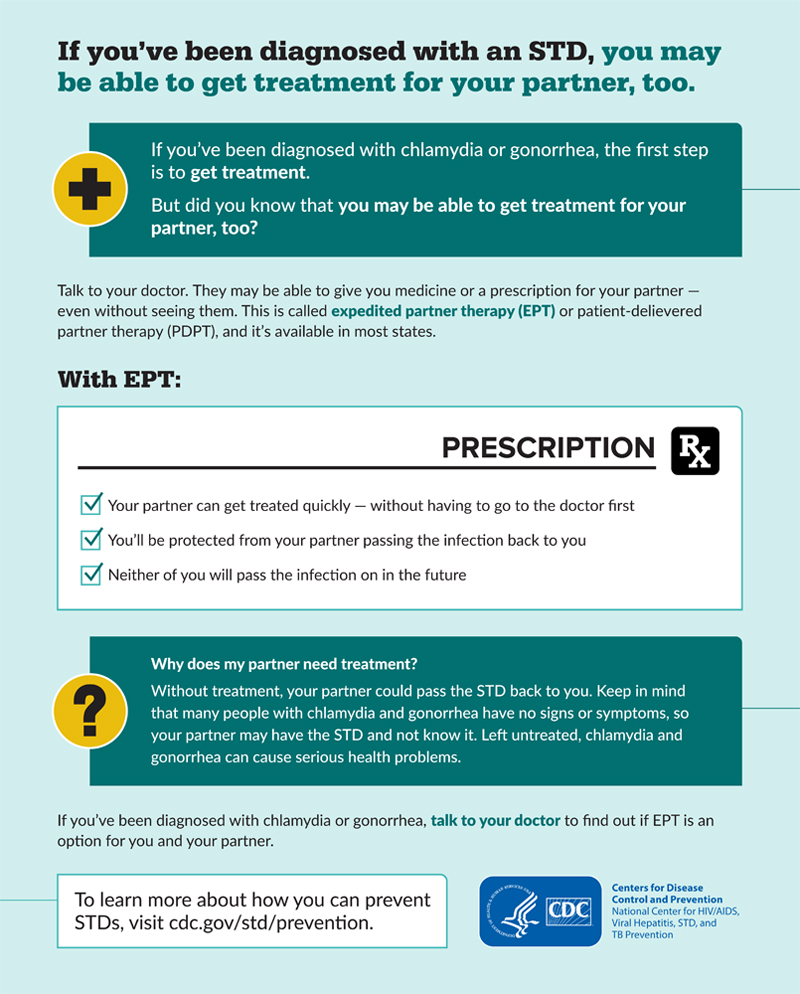All LCDHD Locations
After Hours Public Health Emergency Hotline
Employee Portal
Main Menu
A healthy today for a brighter tomorrow.
Home » Services » Health Services For Adults » STI/STD and HIV Screening
Safe Sex: Preventing the spread of the Human Immunodeficiency Virus (HIV) and Sexually Transmitted Infections (STIs or STDs) is important. To do so, reserving sexual activity to a committed relationship is the best option. Otherwise, make sure to have protected sex: How to Prevent STDs.
Sexually transmitted infections (STIs or STDs) can affect people of all ages, backgrounds and walks of life. Most can be cured, but some — like HIV, which at this time has no cure — can only be kept in check. If you think you may be at risk get tested and treated as soon as possible. STIs may not always produce symptoms. Untreated infections can be transmitted to partners and fetuses, lead to infertility and even death. Using safe sex practices, including condoms, can greatly prevent the spread of STIs.
Your local health department can test and treat you for bacterial infections such as chlamydia, syphilis and gonorrhea and refer to other health care providers for HIV treatment. Rapid HIV testing is now available in the clinic using a cheek swab, and the results are available in 20 minutes.
Call your local health department for more information.

You have the facts; now protect yourself and your sexual partners.
The most reliable way to avoid infection is to not have sex (i.e., anal, vaginal or oral).
Vaccines are safe, effective, and recommended ways to prevent hepatitis B and HPV. HPV vaccination is recommended for preteens ages 11 or 12 (or can start at age 9) and everyone through age 26, if not vaccinated already. Vaccination is not recommended for everyone older than age 26 years. However, some adults age 27 through 45 years who are not already vaccinated may decide to get the HPV vaccine after speaking with their doctor about their risk for new HPV infections and the possible benefits of vaccination. HPV vaccination in this age range provides less benefit as more people have already been exposed to HPV. You should also get vaccinated for hepatitis B if you were not vaccinated when you were younger.
Reducing your number of sex partners can decrease your risk for STDs. It is still important that you and your partner get tested, and that you share your test results with one another.
Mutual monogamy means that you agree to be sexually active with only one person, who has agreed to be sexually active only with you. Being in a long-term mutually monogamous relationship with an uninfected partner is one of the most reliable ways to avoid STDs. But you must both be certain you are not infected with STDs. It is important to have an open and honest conversation with your partner.
Correct and consistent use of the male latex condom is highly effective in reducing STD transmission. Use a condom every time you have anal, vaginal, or oral sex.
If you have latex allergies, synthetic non-latex condoms can be used. But it is important to note that these condoms have higher breakage rates than latex condoms. Natural membrane condoms are not recommended for STD prevention.